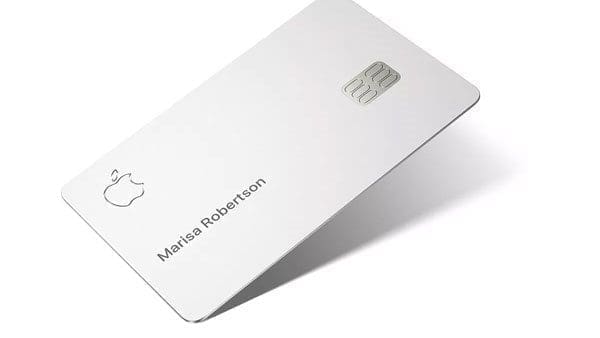Apple is planning to launch its credit card, known as the “Apple Card,” on a global scale outside the United States, the American company is in talks to launch the card in India, according to a recent report by Indian financial and business news website Moneycontrol.


Apple CEO Tim Cook met with the CEO of HDFC Bank during his visit to India in April, the purpose of the meeting was to discuss the possibility of launching the Apple Card in the Indian market alongside the electronic payment service, Apple Pay, the information was reported by sources familiar with the matter.
This move is part of Apple’s efforts to launch the Apple Card as a co-branded credit card with HDFC Bank, currently, only banks within India are allowed to issue credit cards.

Apple has also held discussions with the Reserve Bank of India, which has requested the company to follow the standard procedures for co-branded credit cards without providing any special considerations.
According to the report, the discussions are still in the early stages, and no final decision has been made yet.
It would be surprising if the card is launched in India before European markets or even other Asian countries like Japan.
Apple initially launched its credit card in the United States in mid-2019 and has not been available in any other country since then.
The card was issued in collaboration with Goldman Sachs and Mastercard, it is made of titanium and features only the cardholder’s name without any additional printed numbers.
Apple plans to expand its presence in the Indian market on multiple levels, the company intends to increase iPhone production in India and establish a local supply chain to make it a parallel hub to China, additionally, Apple aims to focus on boosting sales in the country.
It is worth mentioning that Tim Cook recently inaugurated two official Apple stores in India during his visit, prior to that, Apple products were available through an online store and authorized resellers in the country.
Reports indicate that Apple’s sales in India exceeded $6 billion in the first quarter of this year, marking a 50% increase compared to the previous year.

